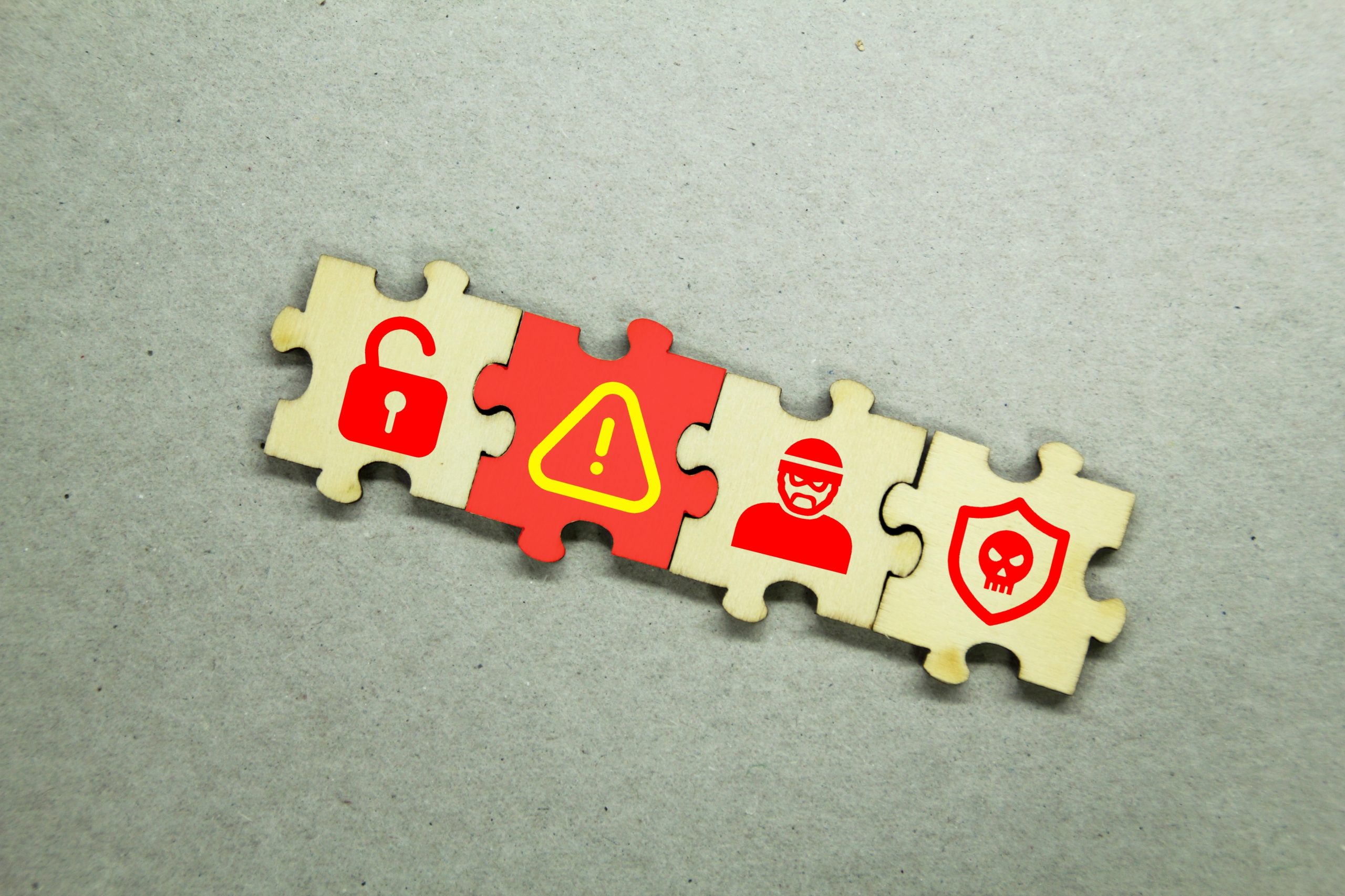In today’s digital world, data protection isn’t just a concern for large corporations. Small businesses in South Africa are increasingly targeted by cybercriminals, and the consequences can be devastating — from reputational damage to financial losses. That’s why understanding data protection, POPI compliance, and the threat of malware is essential for every small business owner.
The Data Dilemma Facing Small Businesses
Many small businesses mistakenly believe they’re too small to be on the radar of cybercriminals. But the reality is the opposite: attackers often see small companies as low-hanging fruit, with fewer security controls and limited resources.
Your customer lists, employee data, financial information, and even email communications are all valuable. Without proper data protection in place, your business could be exposed to fraud, identity theft, or ransomware attacks.
Understanding POPI and Compliance Requirements
In South Africa, the Protection of Personal Information Act (POPI) requires that all businesses — regardless of size — take reasonable steps to protect personal information. That includes securing digital and physical records, limiting access, and being transparent about how information is collected and used.
Non-compliance can lead to:
Fines of up to R10 million Civil lawsuits from affected customers Damage to your company’s brand and customer trust
For small businesses, POPI might seem overwhelming, but the key is to start with simple, clear policies and build from there.
The Threat of Malware
Malware — short for malicious software — can infect systems through phishing emails, insecure websites, or unpatched software. Once inside, malware can:
Steal sensitive customer data Encrypt files and demand ransom (ransomware) Use your systems to attack other networks
Malware doesn’t discriminate based on company size. In fact, small businesses are often more affected because they lack dedicated IT staff or backup systems.
How Small Businesses Can Protect Their Data
Here are five practical steps every small business can take to strengthen data protection and comply with POPI:
Install Endpoint Security Software Use reputable antivirus and anti-malware tools across all devices. Train Your Team Educate employees on recognizing phishing scams, securing passwords, and handling personal information responsibly. Backup Data Regularly Daily cloud backups or encrypted external backups can protect you from data loss in case of a breach. Control Access to Information Only authorized employees should have access to sensitive data. Implement role-based permissions. Create a POPI Compliance Plan Start with a data inventory. Understand what information you collect, how it’s stored, and who has access. Document your procedures.
Partnering with the Right Security Provider
For many small businesses, outsourcing IT security and compliance is the most cost-effective way to achieve robust data protection. Look for providers who offer managed services tailored to small companies — including POPI-aligned policies and malware protection.
Conclusion: Data Protection Is Business Protection
In an age where data is as valuable as currency, data protection is not optional — it’s critical. Small businesses must proactively defend against malware, secure personal information, and comply with POPI. The investment in security today can prevent major headaches tomorrow.

